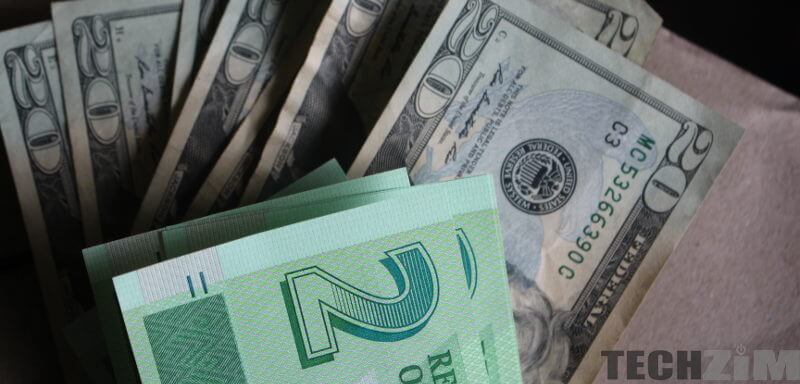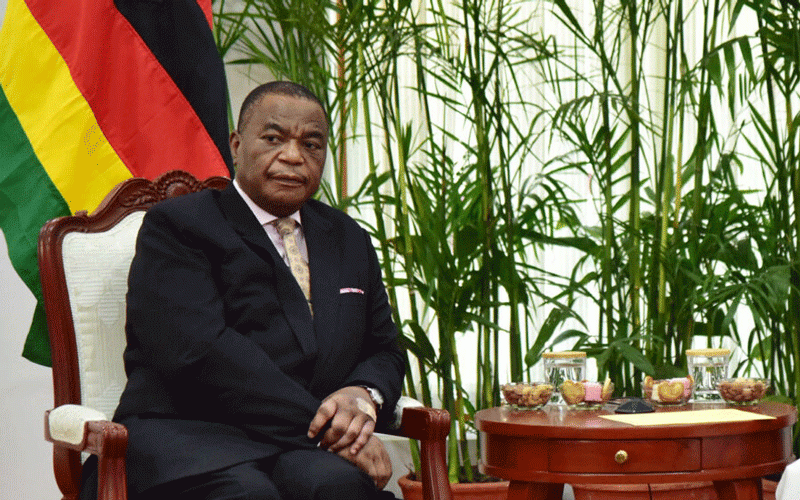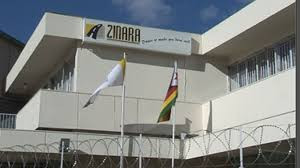
ZIMBABWE’S annual inflation rate jumped to 676,39% in March from 540,16% the previous month, statistical agency ZimStat said on Tuesday as the price of goods continue to spike.
BY FIDELITY MHLANGA
Treasury resumed publishing annualised inflation figures in February after a one-year suspension when the country reintroduced the local Zimbabwe dollar.
On a month-on-month basis, inflation rose to 26,59% compared to 13,52% in February, according to ZimStat. “Month-on-month inflation rate in March was 26,59 gaining 13,07 percentage points on the February rate of 13,52%.The year-on-year inflation rate for the month of March 2020 as measured by all items stood at 676,4%,” ZimStat announced yesterday.
It said the consumer price index for the month stood at 810,40 compared to 640,16 in February 2020 and 104,38 in March last year.
Economist John Robertson warned that inflation would continue on an upward trend due to an unstable exchange rate.
“We are heading to the 1 000% mark, where we were in 2006 and it is frightening. This is against the authorities wishing for a single digit inflation figure by end of year. The exchange rate is making a huge damage. The black market is responsible for the rise in inflation,” he said.
According to American economist, Steve Hanke, Zimbabwe’s inflation has passed the 1 000% mark.
- Chamisa under fire over US$120K donation
- Mavhunga puts DeMbare into Chibuku quarterfinals
- Pension funds bet on Cabora Bassa oilfields
- Councils defy govt fire tender directive
Keep Reading
“This week, on my weekly inflation round-up, Zimbabwe, by measure, again breaks the 100% year-on-year with 1 002% inflation. Venezuela remains at the top of the list, with inflation of 2 177%. Syria rounds out at the top three with inflation of 142% year-on-year,” Hanke tweeted last week.
Already, listed companies have adopted a hyperinflation reporting standard — IAS 29.
Consumer Council of Zimbabwe national chairman Philip Bvumbe pointed out that price increases in the country stemming from foreign currency parallel market activities were a cause for concern.
“The increase in prices is not corresponding with earnings,” Bvumbe said.
“The introduction of the interbank market led to a two-tier exchange rate, the interbank rate and parallel market rate. Businesses complain of failing to access forex on the interbank and end up benchmarking their goods and services using the parallel market rate.”
He also claimed there were unscrupulous business activities that needed to be addressed.
“There is a lot of profiteering among businesses such that when the exchange rate goes down, prices do not go down.
There is a lot of connivance when it comes to the pricing system in Zimbabwe,” Bvumbe said.
Prices have been galloping since the introduction of a 21-day national lockdown to curb the spread of the coronavirus.











